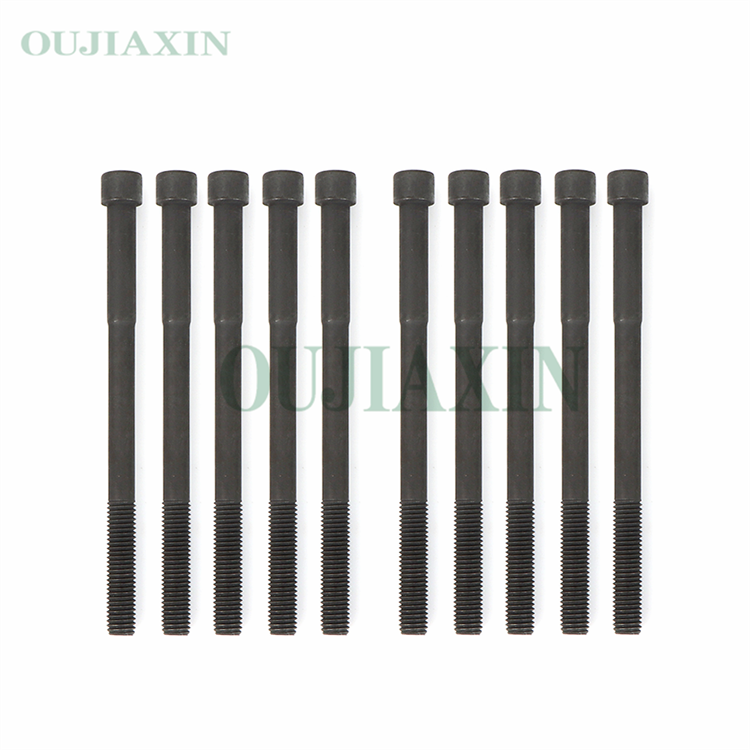Oil seals are tiny components with outsized responsibilities. A fraction of a millimeter can determine whether a machine runs cleanly or leaks quietly. When measurement matters, precision isn’t optional—it’s your first line of defense.

At the heart of oil-seal measurement are three dimensions: the bore (the seal’s inner diameter that fits over the shaft), the outer diameter (the seal’s external envelope sitting in the housing), and the cross-section width (the seal’s thickness that defines lip load and containment). In addition, runout and lip geometry can affect how well the seal rides during rotation. Skipping any of these checks invites early contamination, oil loss, or heat buildup.
Practical measurement starts with the right tools and a clean field. Use calibrated digital calipers for quick checks of OD and ID against the drawing. A micrometer delivers the accuracy needed on cross-section width. For true roundness, a bore gauge or a dial indicator on a mandrel helps reveal eccentricity and runout. Measuring at several points around the seal catches deformation and ensures concentricity. Don’t forget a depth mic for grooves and a surface-roughness check if the housing surface is rough or nicked.
Process matters as much as tools. Record measurements, compare them to specification, and cross-verify with a second instrument. Cleanliness is critical: minute particles can alter thrust and lip contact. Temperature can shift tolerances, so measure in a controlled environment and account for thermal expansion if you’re working across temperatures. Finally, inspect lips and sealing edges for burrs or coatings that could impair sealing.
Accurate oil-seal measurement pays dividends: longer service life, fewer leaks, and less unscheduled downtime. If you design, source, or service mechanical systems, empower your team with precise, repeatable measurements. Our range of calibrated gauges and measurement solutions integrates smoothly with your workflow, turning every seal into a known quantity. Start with the numbers, then let the machine do the rest.
As a reliable supplier and partner, Oujia focuses on various engine partsengine parts, especially on gasoline engine parts and on diesel parts for passenger cars. Oujia not only provides high and stable quality and excellent services to our customers, but also provides long-term self- brand creation and OEM services for our overseas customers.